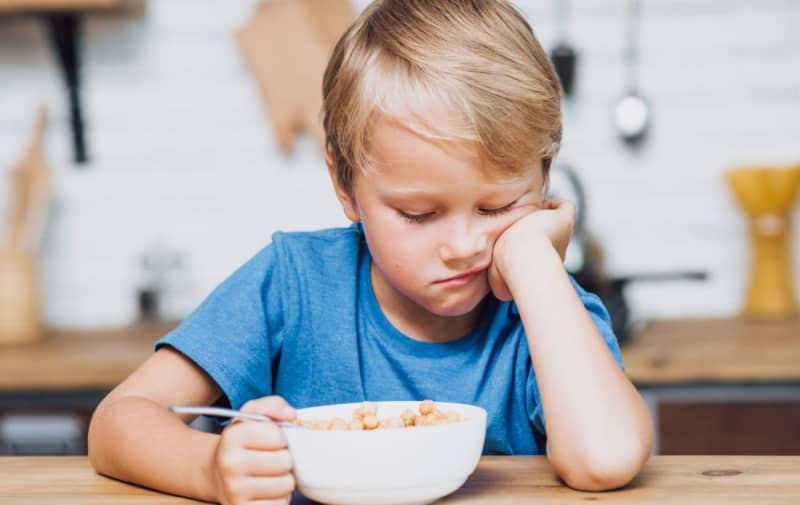
PARENTING MISTAKE: WHY FORCING YOUR CHILD TO EAT DAMAGES THEIR MENTAL HEALTH
Parents often face the challenge of dealing with children who refuse to eat, leading many to use radical methods such as forcing them to empty their plates. However, this common mistake can be harmful to the child, says child nutritionist Hanna Boyko.
According to her, making a child eat against their will can disrupt their eating behavior, specifically their attitude towards food. The expert noted that children may develop a fear of food and start rejecting it consciously.
This psychological process makes the child eat excessively, especially the foods they like. The nutritionist advises against such actions, as they are detrimental and create distance between parents and children.
Negative associations with food can lead to psychological problems in the future, causing stress and conflicts within the family.
"If there is trust between the child and the parents, then the child is ready to listen, trust, and will eat new foods that you want them to try," she added.
What to do instead
It is essential to remember that if a child lacks appetite, forcing them to eat is unnatural. It is necessary to help them experience hunger as a physiological need to eat.
Instead, it is crucial to create a positive and receptive attitude towards food, offer healthy dishes, maintain a balanced diet, and allow the child to regulate their appetite independently.
To encourage a child to eat, there is no need to force or bribe them; it is better to diversify their diet.
Remember that any nutritious and beneficial food can be replaced with an equivalent, so insisting on a specific dish is not necessary. Provide alternatives to discover the reason for the refusal and persuade the child to eat.
2023-12-29T21:52:47Z dg43tfdfdgfd